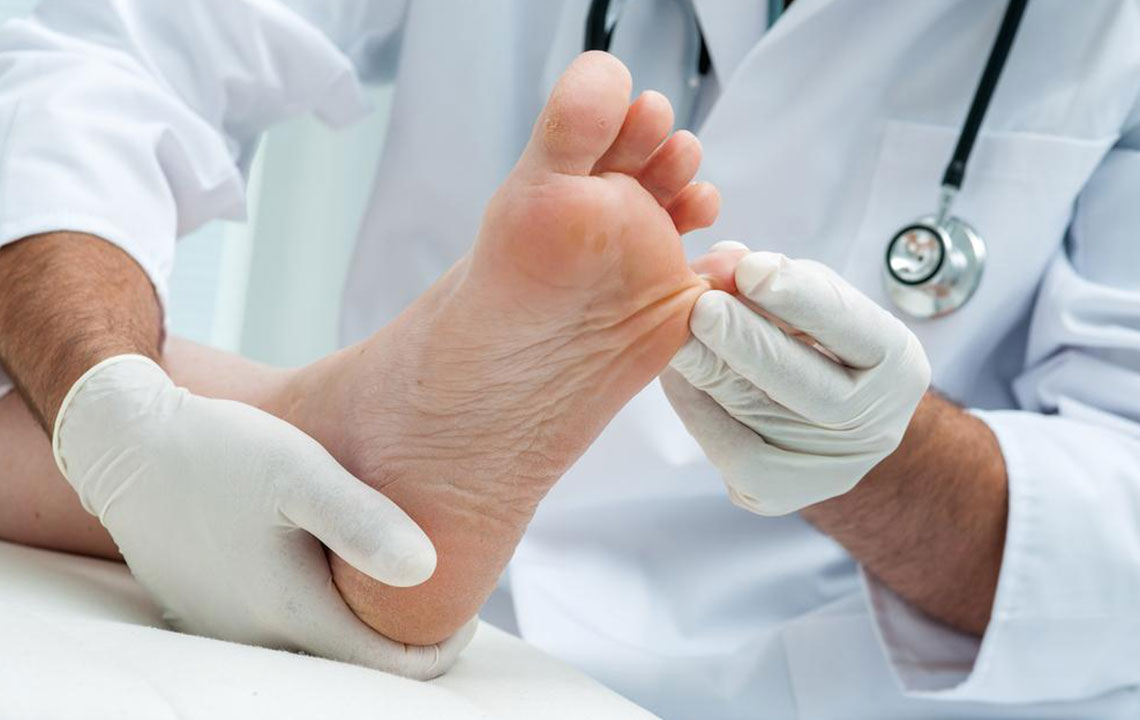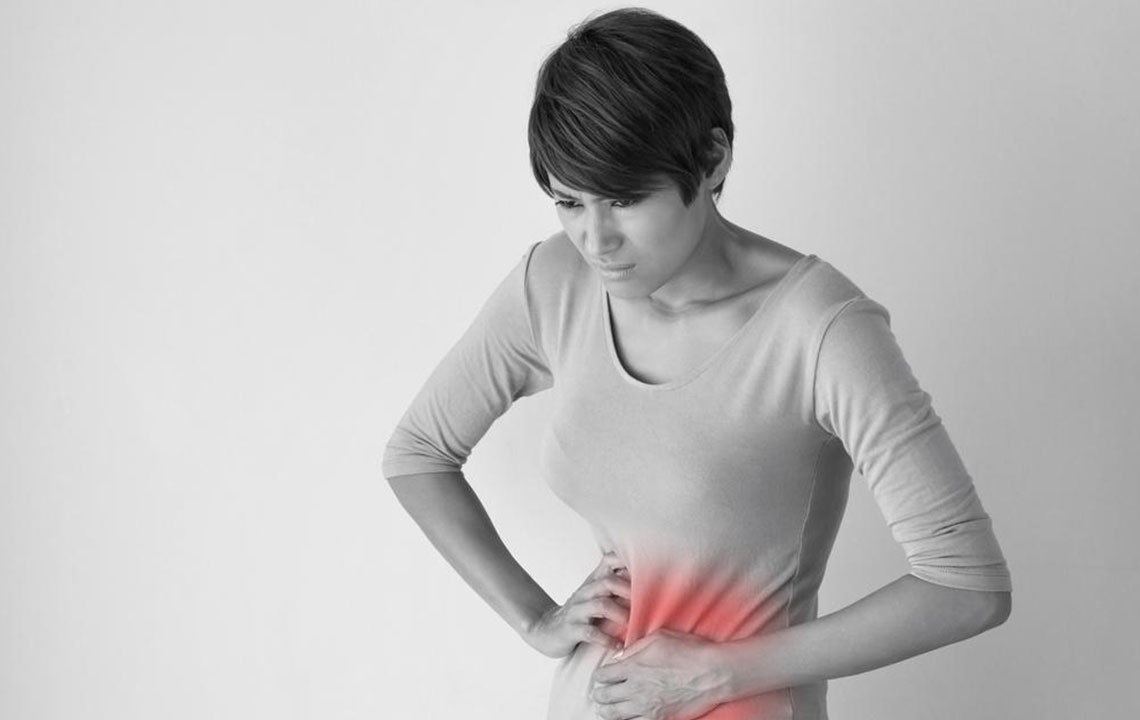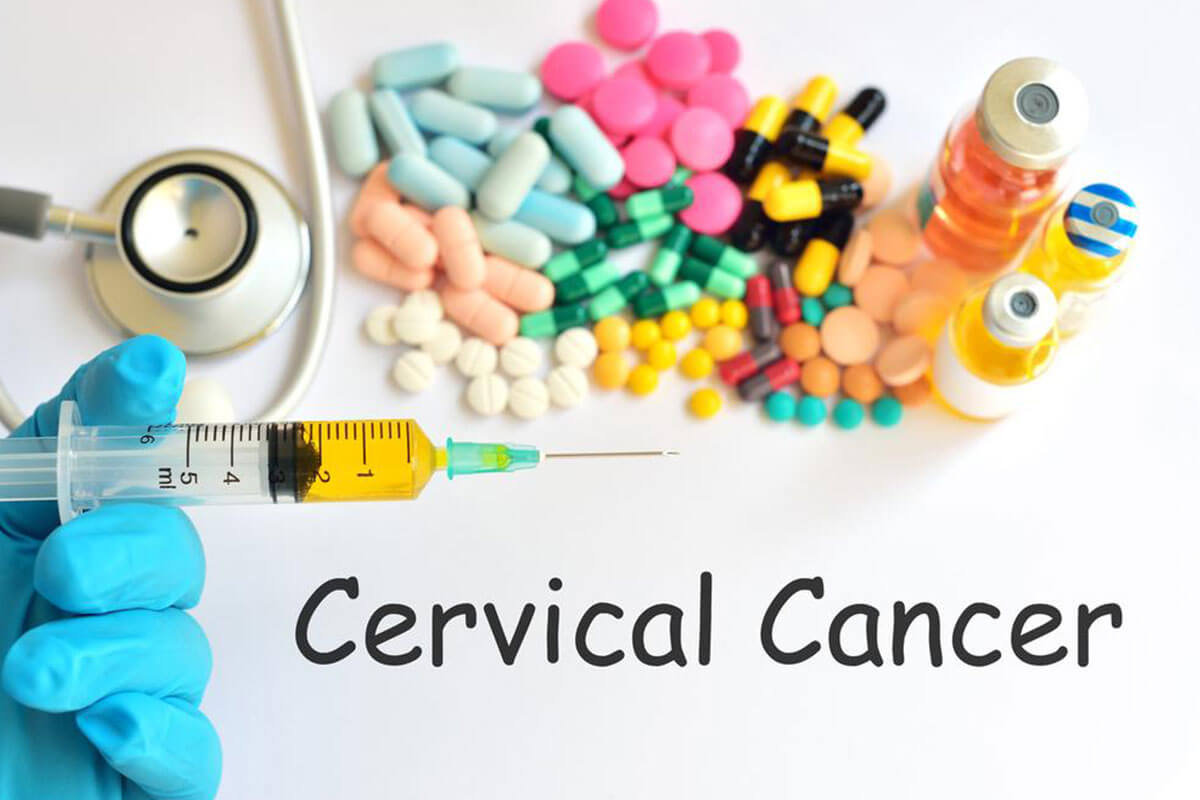
Home Remedies
Know How Listerine Can Cure Your Toenail Fungus
Toenail fungus causes pain and irritation. Often it starts as a black spot with the accumulation of white powdery substance. At times, the nail fungus infection worsens and causes yellow and white spots on the nail bed. It even makes the nails discolored and brittle. You may have crumbling nail edges which look bad. Over the time the pain worsens creating bad odor and inflammation. Most people ignore the nail fungus infection unless they suffer pain. However, you must care for the toenail fungus to prevent the occurrence of severe nail infection. There are many medications and herbal remedies for the treatment of toenail fungus. One such wonderful treatment is Listerine for toenail fungus. The Listerine foot bath proves beneficial to prevent the nail fungus infection. Listerine for toenail fungus works wonderfully to treat athlete’s foot and onychomycosis and the removal of dead skin from the foot. The antifungal properties of menthol and thymol present in the Listerine work well to combat the fungal infections. Listerine for toenail fungus is a time-honored natural remedy to cure the nail fungus infection. How does the Listerine for toenail fungus work? Here are the steps which must be performed for Listerine foot soak:













